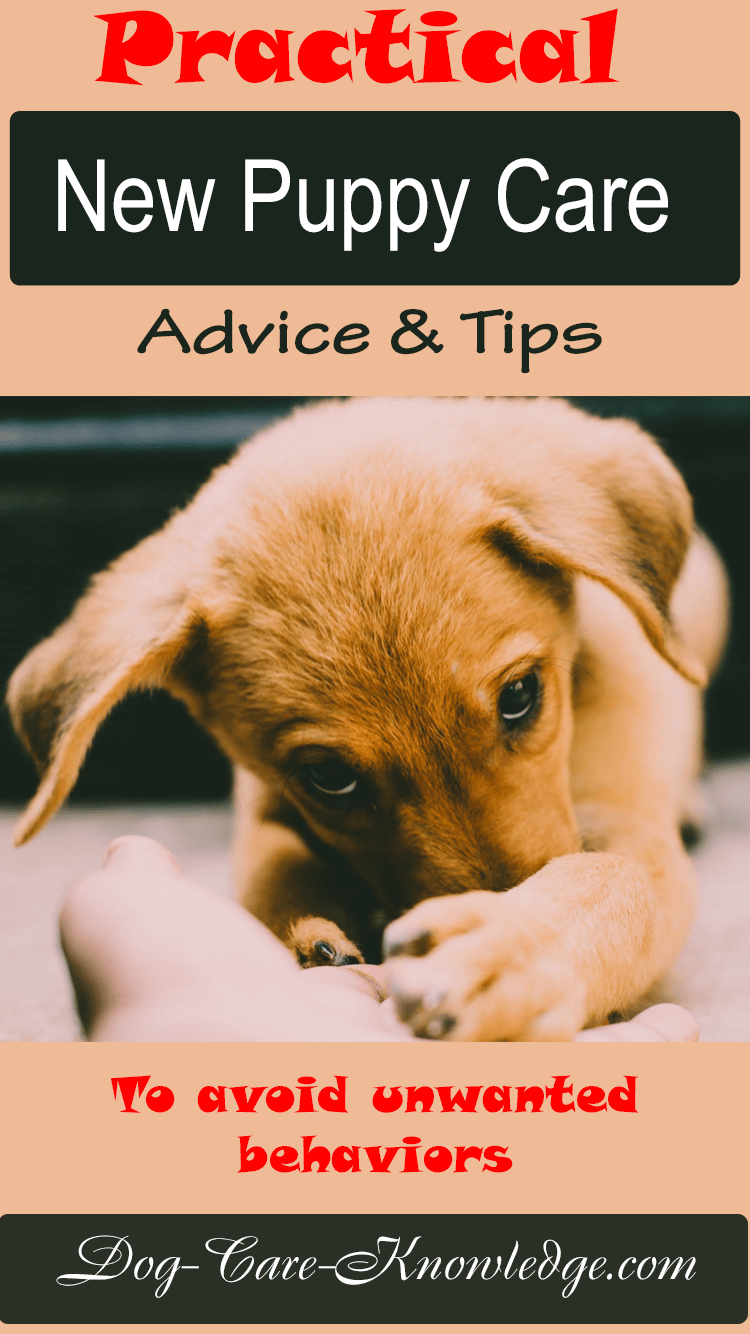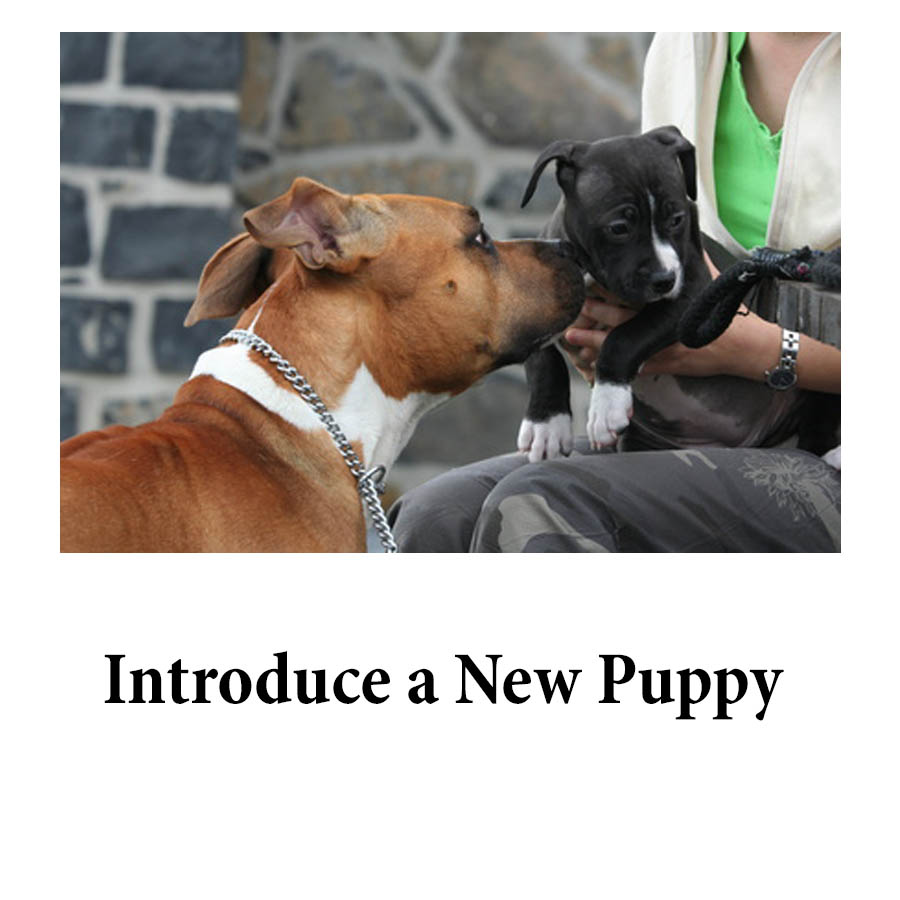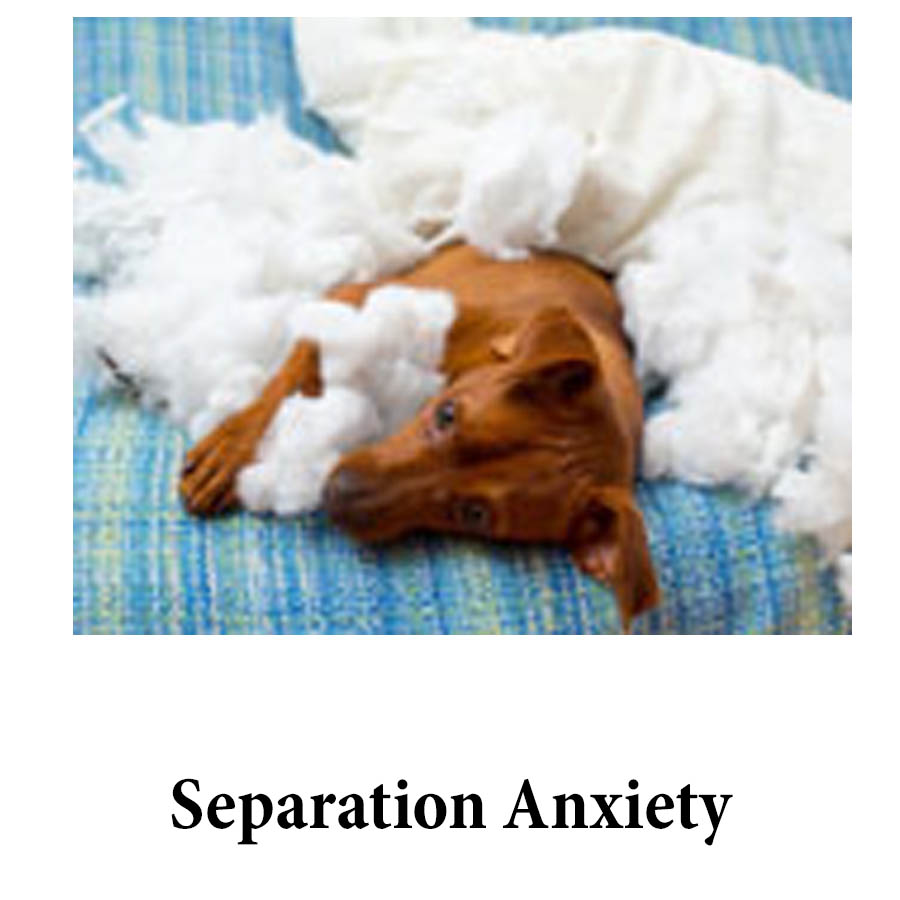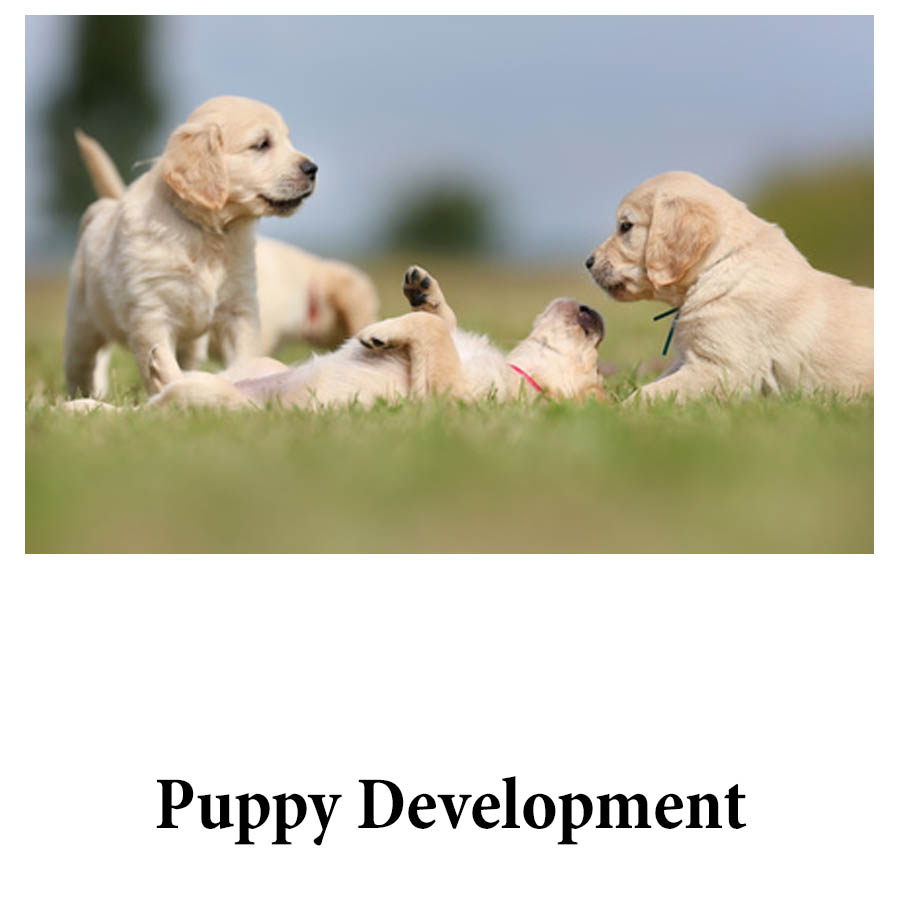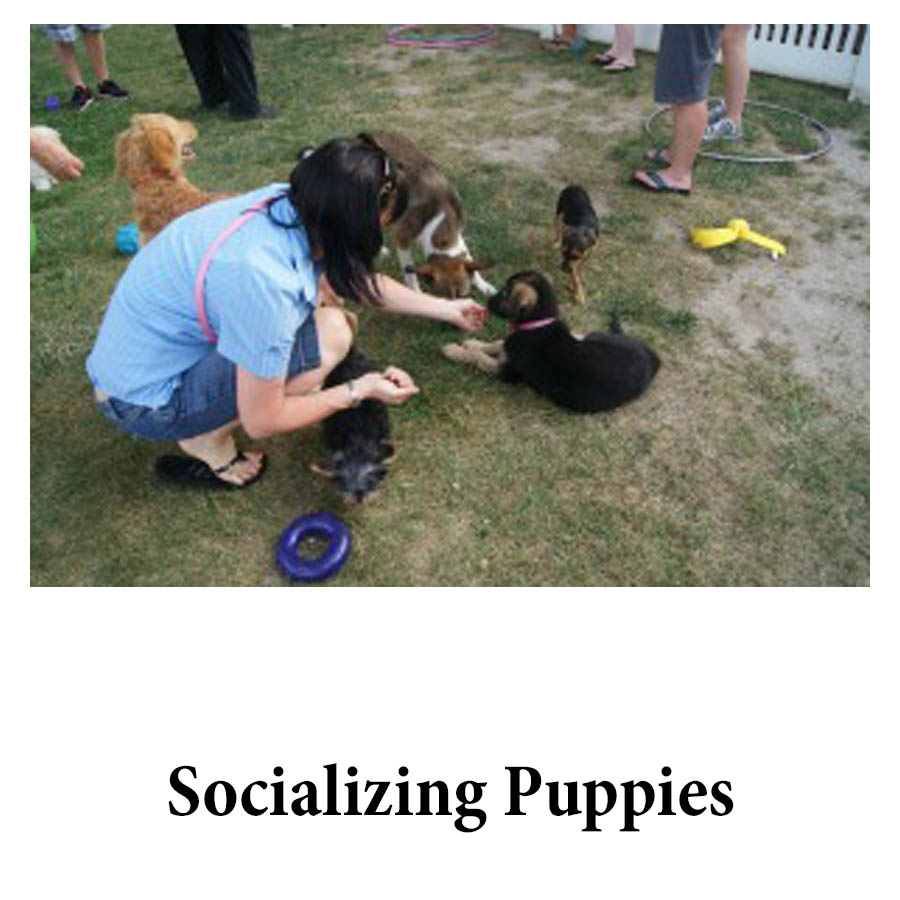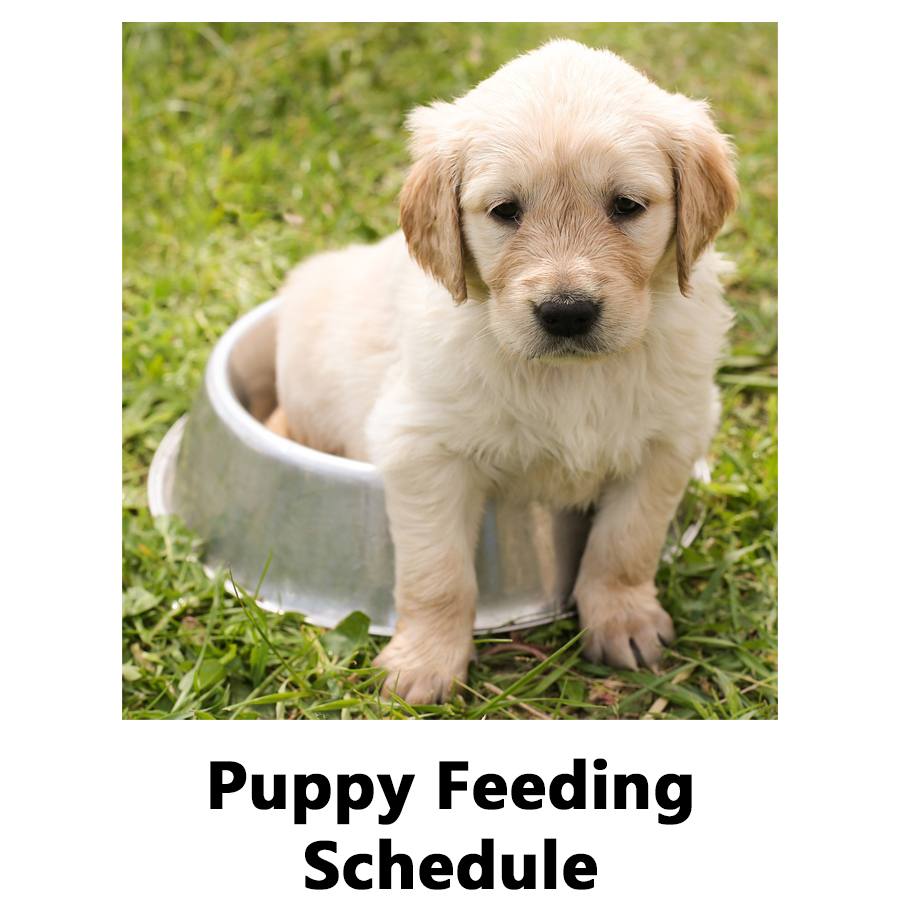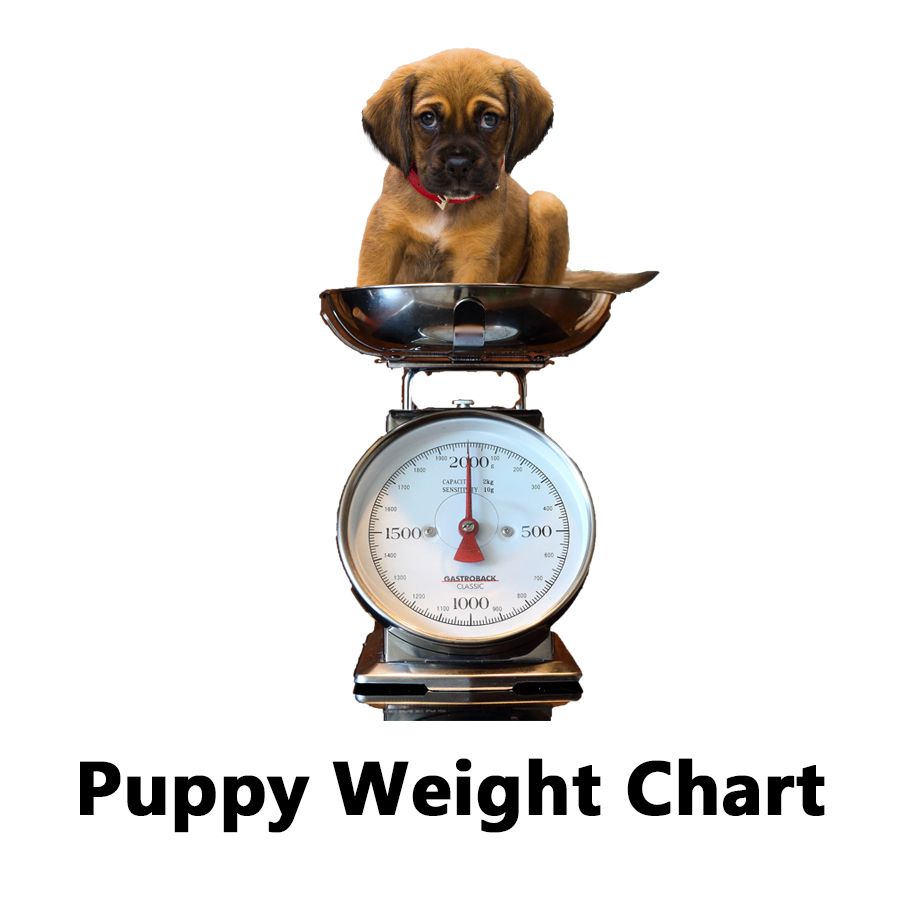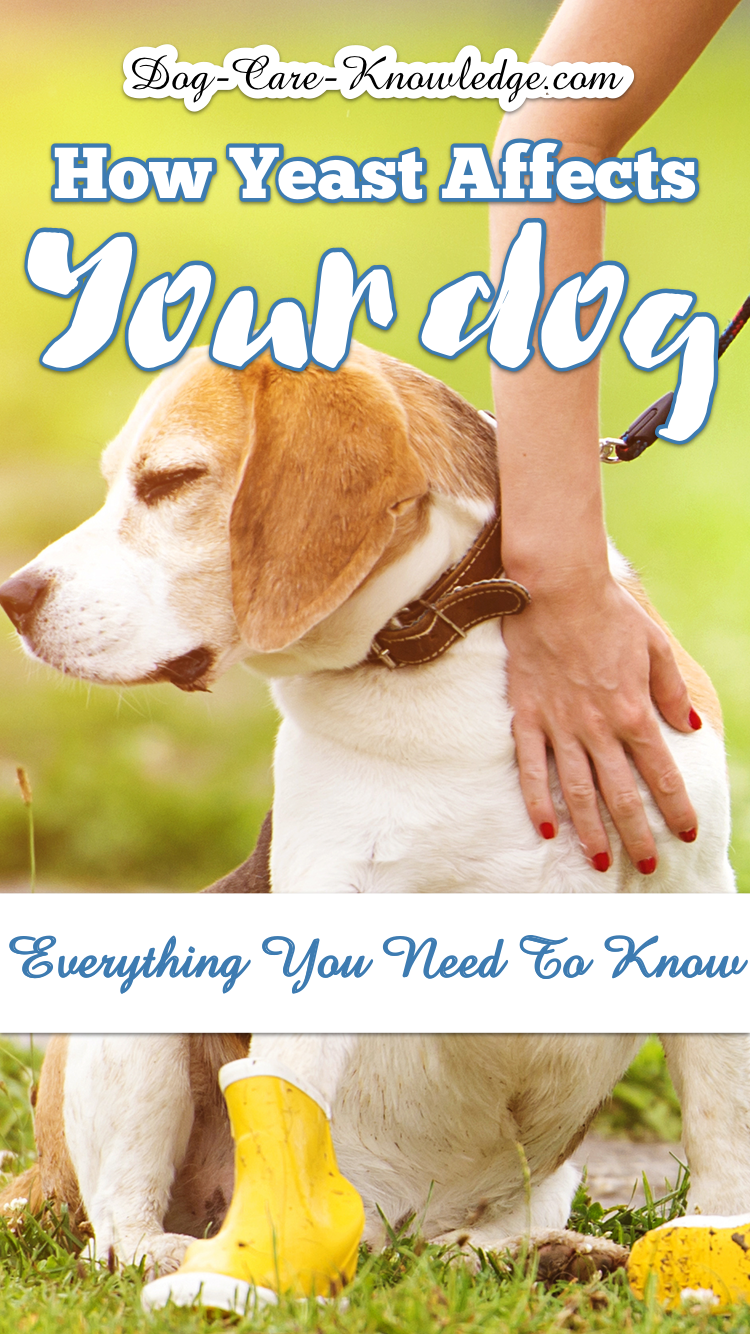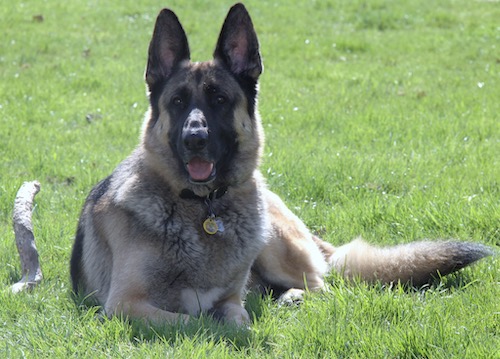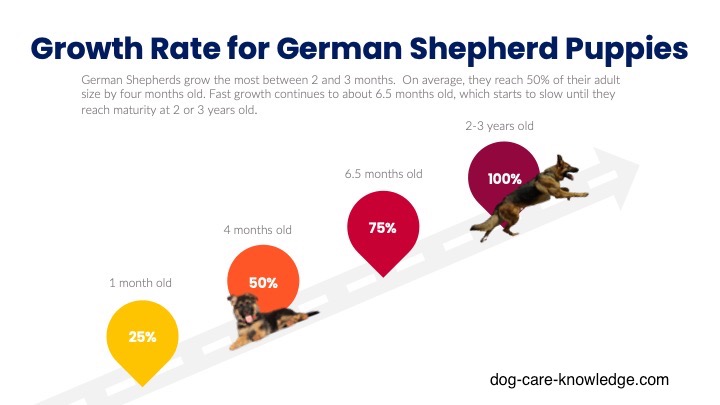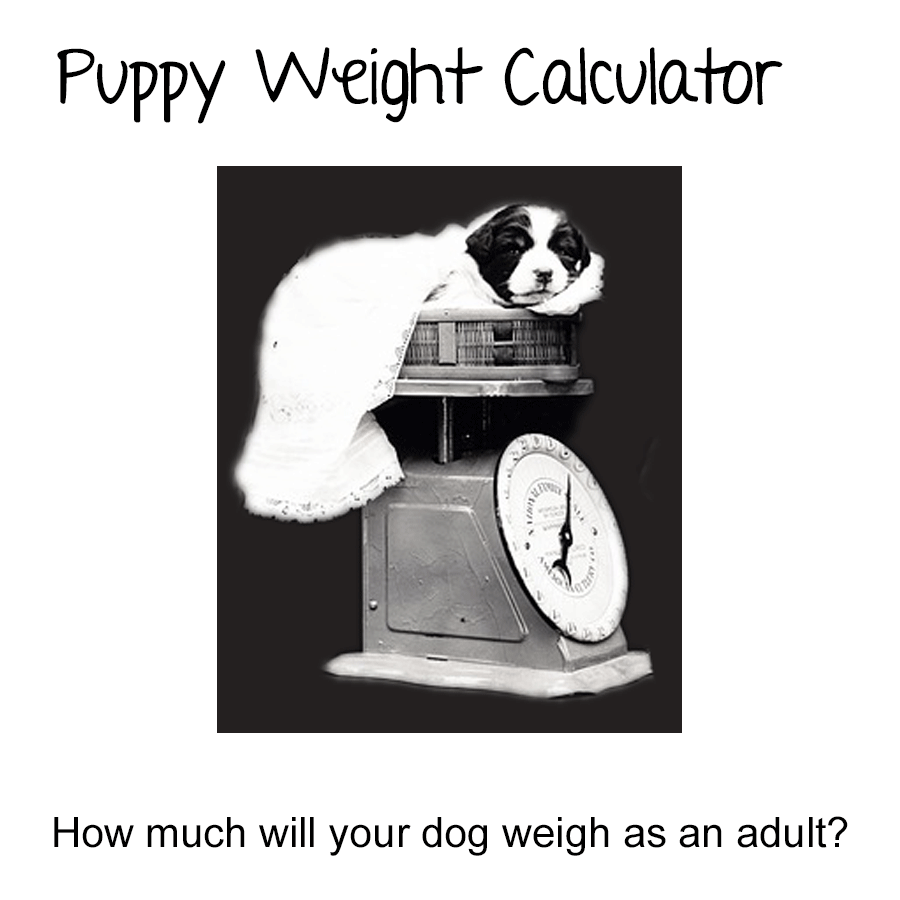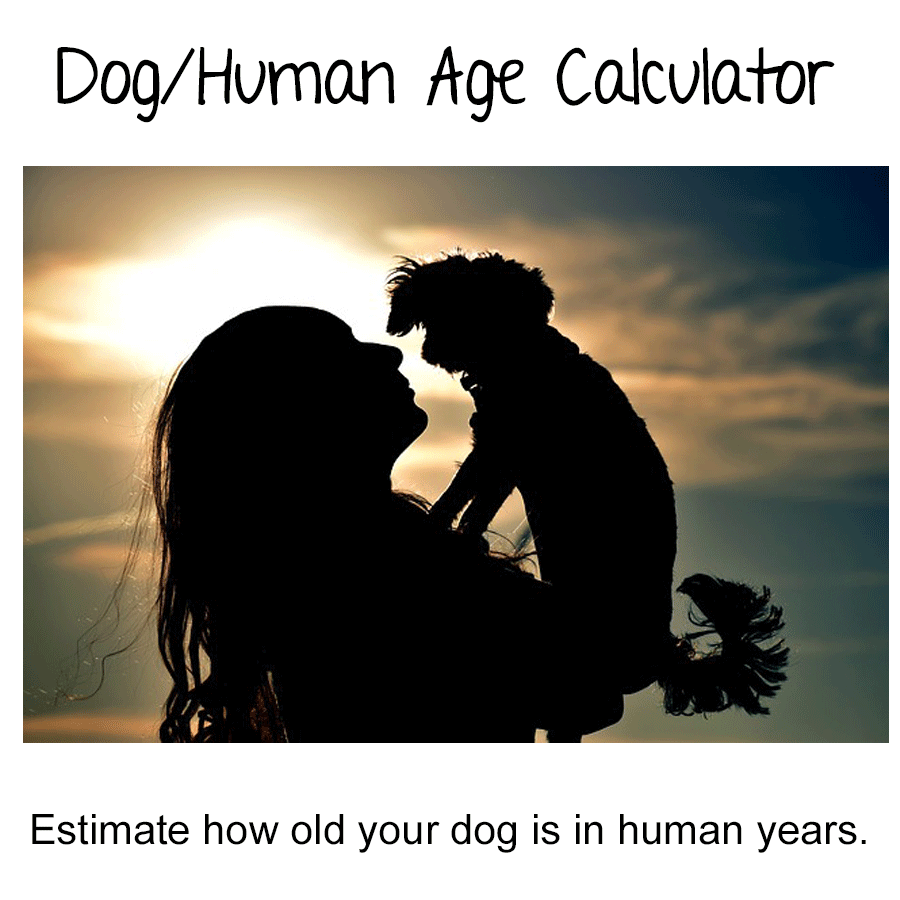- Home
- Puppy Information
- New Puppy Care
New Puppy Care
Develop Character &
Avoid Unwanted Behaviors
New puppy care can be just as challenging as it is fun and rewarding. Those little fur babies are so sweet and adorable that it's hard to believe that they can create so much work.....and mess. But they do, and we often find ourselves far too busy cleaning up after them that we miss a crucial part of their puppy-hood where we can most influence their character.
Your new puppy is a wonderfully fresh blank page. This is your chance to shape your puppy into the dog you want him to be. Puppies don't start out with separation anxiety or other behavioral problems, but it's usually in puppy-hood that these problems arise.
Luckily there is plenty you can do to avoid many problems from even starting. Even if your older puppy is displaying some pretty unpleasant behaviors, it's not too late to get back on track.
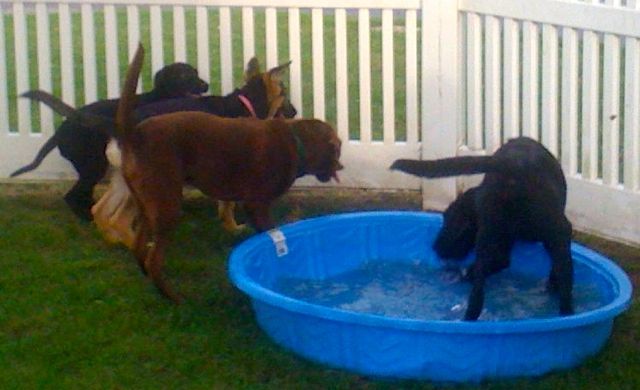
It is much easier to change and shape a puppy's behavior than it is an adult dog. Review the links below to find detailed advice on dealing with the specific behaviors, as well as stopping it from starting in the first place.
New Puppy Care Information
Puppy Development
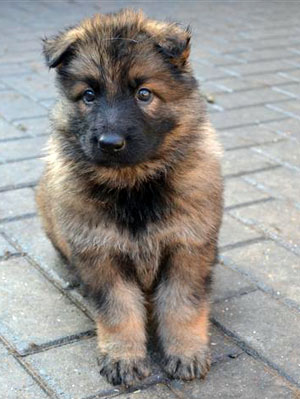
Knowing what to expect and when to expect it will go a long way with your new puppy care. When taking care of a puppy it's not reasonable to expect an 8 week old pup to last 8 hours without peeing, but do you know when this changes? Or, at what age they are likely to start (and for that matter stop) biting everything?
Reviewing the puppy development information will give you insight into the likely changes you can expect from your new pup and at what age.
New Puppy Care - Behaviors
A puppy's behavior is greatly influenced by you and their surroundings. If you can control the surrounding (as much as you can) then you can begin to shape the behavior you want. For instance, when raising a puppy to be a confident and friendly dog, you need to socialize your pup correctly. If you get this wrong, or don't do it at all, then you may end up with a fearful or aggressive dog.
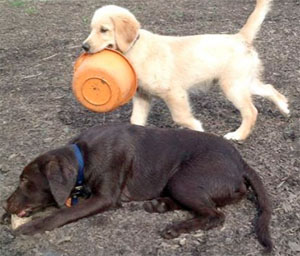
What about if you already have an existing dog? You definitely want to make sure your new pup and current dog get along.
There's nothing worse than a household with dogs that continually fight or that you have to keep separate.
Most adult dogs accept young puppies but there can be jealously and aggression from your existing dog.
To avoid this, it's important that you
take the time to introduce them right. Our steps on introducing a puppy to an existing dog can help you with this.
Another
common problem is either leaving your little guy alone too long, too fast,
or not leaving him alone at all. Both of these can lead to separation anxiety
in an adult dog. The best way to avoid this entirely is to follow a
plan that teaches your young pup to be alone...gradually. We have a plan
that does just that here.
Bringing a new puppy home is a fun and rewarding time. It's also a great opportunity to develop your little guy to be all that you want him to be. In a sense, you are writing on your puppy's blank page. His page is his character and personality. Get that right, and you will create a wonderful confident dog. The guidance here on new puppy care does just that for you.
You can mold your puppy's character and personality to be a confident and social dog. By doing so, you'll stop unwanted behaviors from starting and deal with any that already have.
